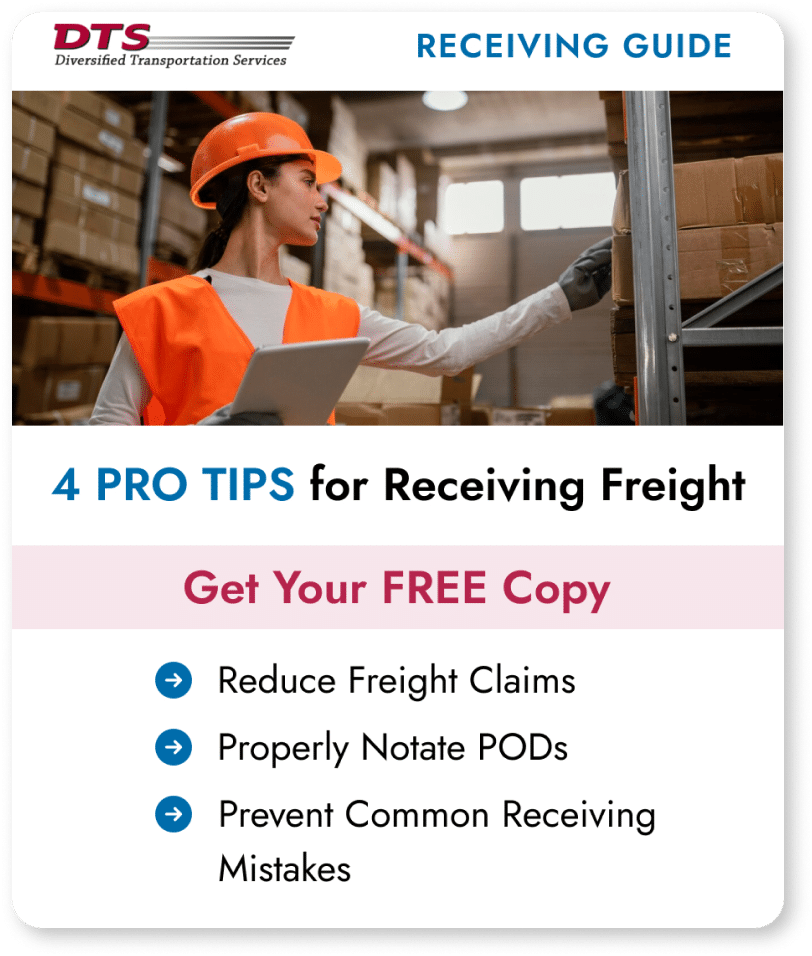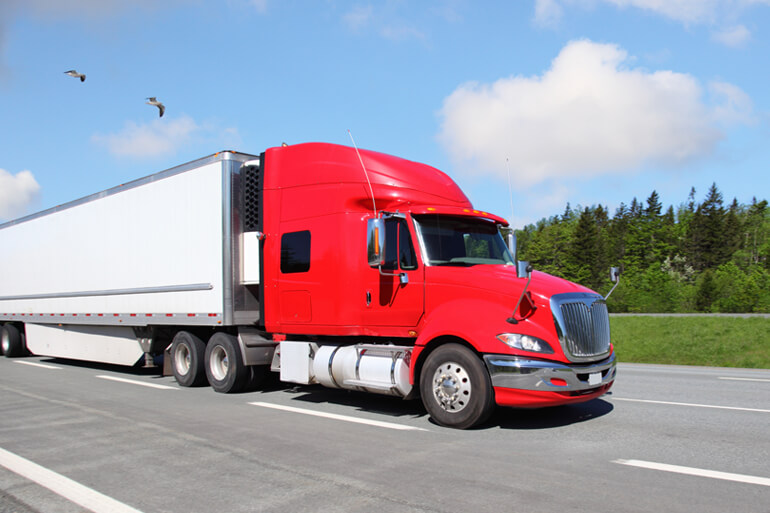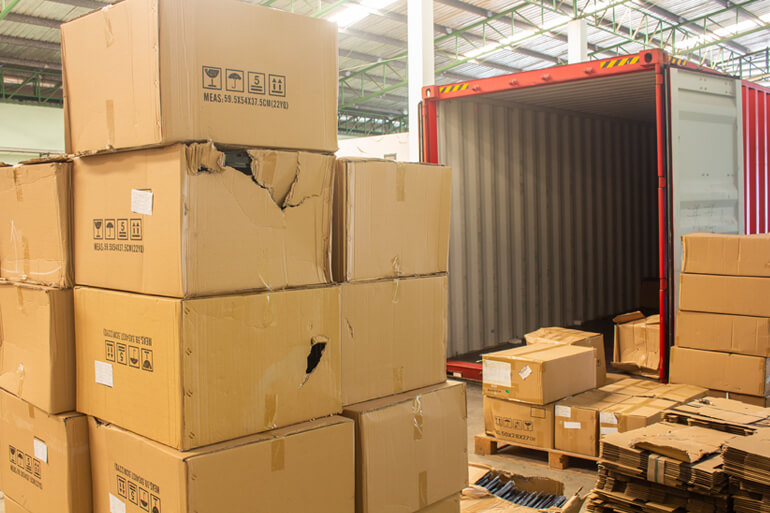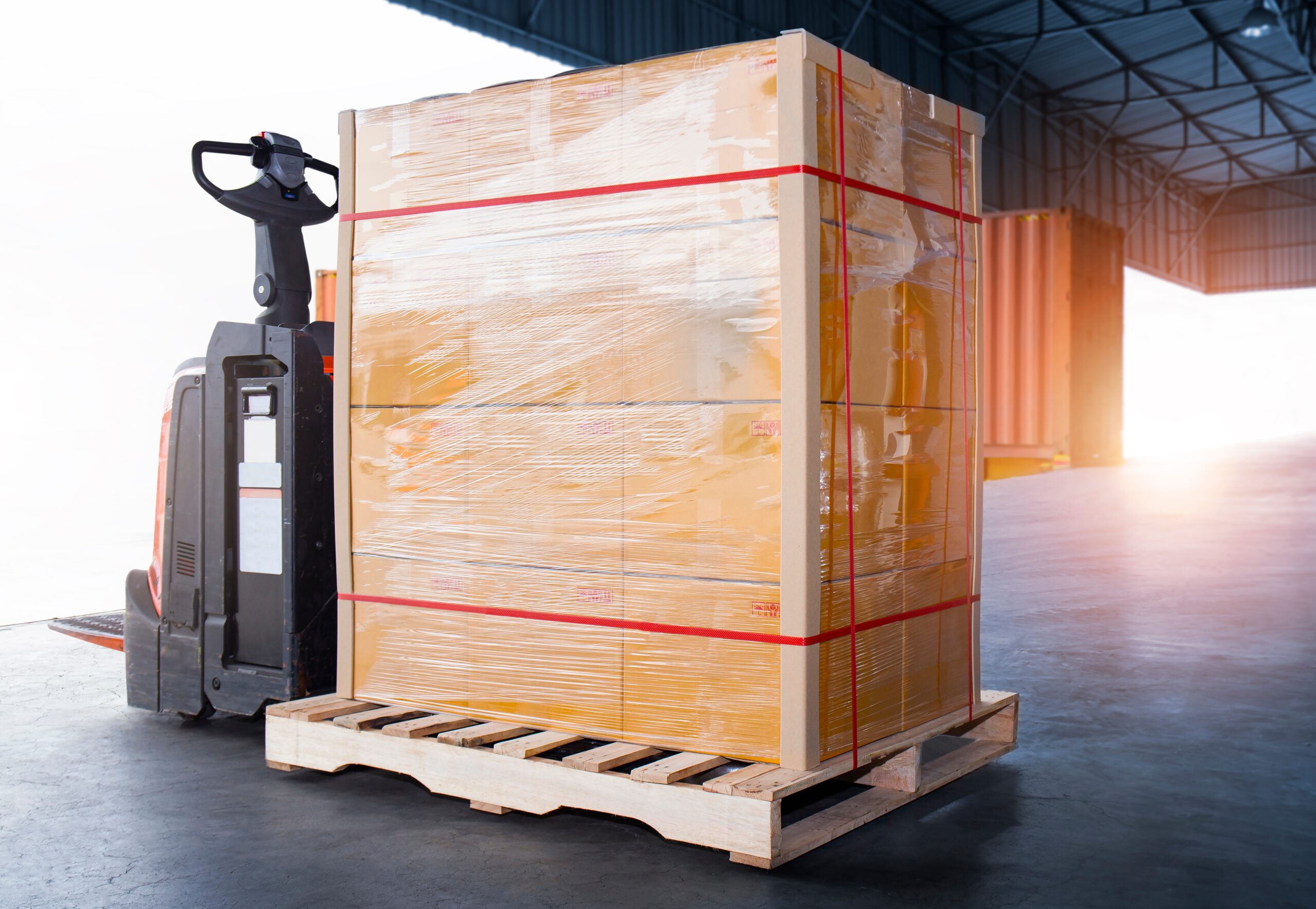Reliable Full Truckload Shipping with Competitive Rates and Personalized Service



We understand. Poor support from your FTL solutions provider isn’t just inconvenient—it disrupts your supply chain, drives up costs, and strains customer relationships.
You deserve a full truckload freight partner who delivers competitive rates, reliable communication, consistent support, and proactive solutions—and that’s exactly what we’re here to provide.







We use DTS daily through out our company. Their team is always great with service and arranging our many different shipments. They offer advice on tricky situations and offer a range of services that our business needs.
In FTL shipping, one shipper rents an entire truck to handle a specific shipment. They prepare the goods and package them properly before the truck arrives. Depending on the type of items being transported, this stage of the process may be complicated and delicate (especially when dealing with temperature-sensitive or fragile goods.)
Next, the carrier arrives and collects the goods from the pick-up point. When the items are loaded and securely on the truck, they will start their journey. Then, the driver will deliver the goods directly to their final destination.
Since the cargo is isolated in transit and never combined with other shippers’ goods, FTL shipping offers faster transportation and reduced handling than other methods.
FTL shipment sizes range from 24 to 30 pallets, or about 42,000 to 45,000 pounds.
However, size and weight can vary depending on the freight to be shipped and the type of truck used.
As with all types of shipping, FTL has its pros and cons:
Read Unlocking the benefits of full truckload (FTL) shipping to learn more about the benefits of truckload shipping.
It’s important to weigh these pros and cons when deciding when to use FTL shipping.
Cost is one of the most important factors when choosing a shipping method. FTL shipping rates change often, which can make it more difficult to plan your budget in advance.
However, FTL rates are generally dictated by:
In addition to these factors, FTL freight rates are also influenced by market forces. The two main market factors for FTL shipping are spot rates vs. contract rates and seasonal fluctuations.
Spot rates are short-term, market-driven prices that can fluctuate based on supply and demand. Businesses may contact a carrier to request a spot-rate quote when they have freight to deliver as a one-off, unplanned job.
Because spot rates are based on market conditions, they can fluctuate daily according to demand. That can lead to higher-than-expected costs — not ideal for businesses with tight or pre-determined budgets.
However, spot rates can lead to cost-effective FTL shipping when market conditions are right. The lack of stability can be challenging but can come with advantages — it all comes down to timing.
Contract rates are long-term agreements with set prices. Businesses may sign a contract with a carrier to handle their freight transportation for several months or years. Companies and carriers agree on a rate based on current market conditions.
Contract rates offer greater stability than spot rates — shippers know how much they’ll pay to transport their goods throughout an agreed period. They’re especially beneficial for businesses with consistent shipping needs. Contract rates also allow time to build a solid working relationship with a carrier, and consistently high-quality service can provide peace of mind.
Just like other freight rates, the cost of FTL shipping fluctuates depending on the season. During peak periods, FTL rates rise because the demand for transportation is higher.
Autumn is peak season as retailers stock up for the holidays and anticipate increasing sales. Carriers are in higher demand during this period, and prices rise to reflect that. However, costs decrease during the early months of the year when retailers typically have less business.
Retail picks up again in April as customers prepare for the summer and public holidays. Fresh produce is also more readily available during this period (known as “produce season”), which puts trucking services in greater demand.
Another seasonal factor to consider is weather. Harsh weather conditions like winter storms can affect carrier availability and costs.
Carriers use a variety of truck types to transport goods, depending on the freight, the shipment size, and other key factors.
The three most common types of FTL shipping are:
A dry van is the most common choice for FTL shipping: it involves an enclosed trailer that protects freight from the elements (hence the name.)
This versatile method suits a broad range of cargo types that don’t require temperature control, covering everything from electronics to household cleaning products.
A reefer is a truck containing refrigerated units, enabling carriers to transport various temperature-sensitive goods within a controlled environment. Reefer FTL trucking is suitable for:
Companies in food, medical, and numerous other industries rely on reefer trucking to deliver products. Reefer trucks reduce the risk of perishable goods spoiling during transit and help prolong an item’s shelf life.
Flatbed shipping uses an open trailer with no roof or sides. With flatbed shipping, freight can be left exposed to the elements or covered with tarpaulin or other material if necessary.
Flatbed trucks are ideal for transporting cargo awkwardly shaped or oversized cargo.
Flatbed trucks come in a handful of varieties, including:
Flatbed trailers can be rigid (consisting of one unit) or articulated (two separate units connected). Businesses in construction, agriculture, and manufacturing often use flatbed FTL shipping to transport heavy-duty equipment.
How do less-than-truckload and full-truckload shipping compare? Understanding the main differences will help you make the right decision for your budget, transportation needs, and freight.
Here’s what you need to know when comparing FTL vs. LTL shipping:
| FTL | LTL | |
|---|---|---|
| Rates | FTL has higher upfront pricing but may be more cost-effective overall for large shipments. | LTL has lower costs for smaller shipments but may include additional fees (e.g. handling). Those extra charges can add up over time. |
| Size/weight | FTL typically handles freight weighing up to 45,000 pounds or a full trailer load (generally 12 pallets or more). The size and weight of the goods being transported will determine the type of truck used (e.g. ,flatbed or enclosed dry van). | LTL is best for shipments with a weight of under 10,000 pounds or less than 6 pallets. Cargo from multiple shippers needs to fit into one truck, so size and weight are critical. |
| Multiple Stops/Direct | FTL shipping uses direct routes with no stopping. Goods are handled less because they’re loaded onto the truck at collection and unloaded upon arrival. | LTL shipping involves multiple stops. Goods are loaded and unloaded at various terminals. This reduces the overall speed and efficiency of transportation. |
| Liability coverage | For FTL, standard liability coverage is around $100,000 per truckload. | With LTL shipping, liability coverage is usually based on weight: between $0.50 and $1 per pound. |







Having been in business for over 35 years, we’ve had countless conversations with shippers frustrated by freight providers who fail to prioritize their needs—missed updates, unanswered calls, and service that makes them feel like just another number in the system.
At Diversified Transportation Services, we partner with you to solve your shipping challenges, becoming an extension of your traffic department. Our goal is to leverage our decades of expertise to streamline your operations, allowing you to focus on what truly matters—running your business.
We’ve been refining our approach for over three decades, ensuring that even when challenges arise, you’ll always have a reliable partner by your side. Once you experience the level of service, support, and partnership we offer, you won’t want to return to freight providers who don’t value your business.


Exceptional! We've learned so much working with DTS over the years. Any company that is looking for solid logistics services should talk to DTS. Thank you Marc for everything you have done for us!
Thank you for considering us for your freight shipping needs. After you fill out this form, we will get in touch with you shortly regarding your inquiry. For any questions, please email us at marketing@dtsone.com or call (310) 521-1200.
